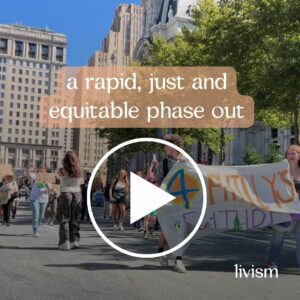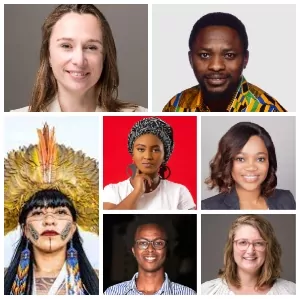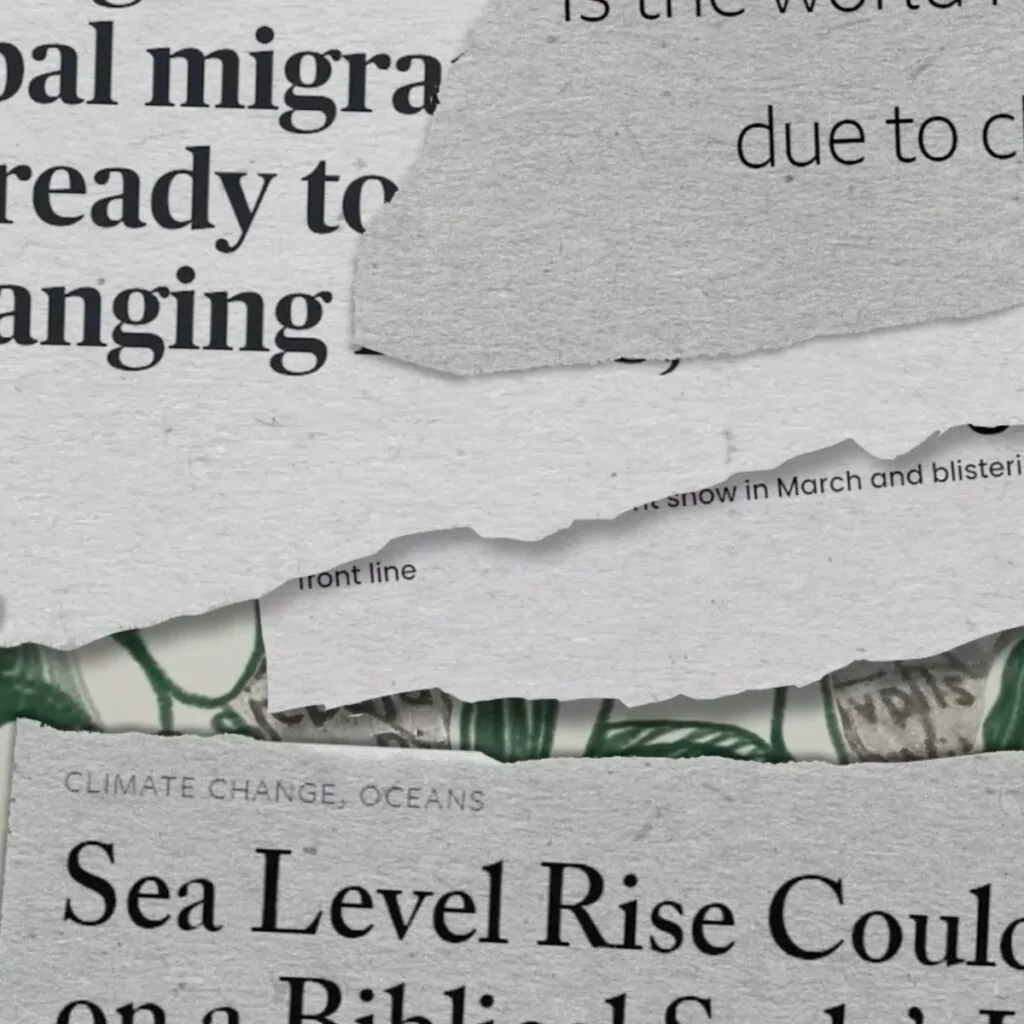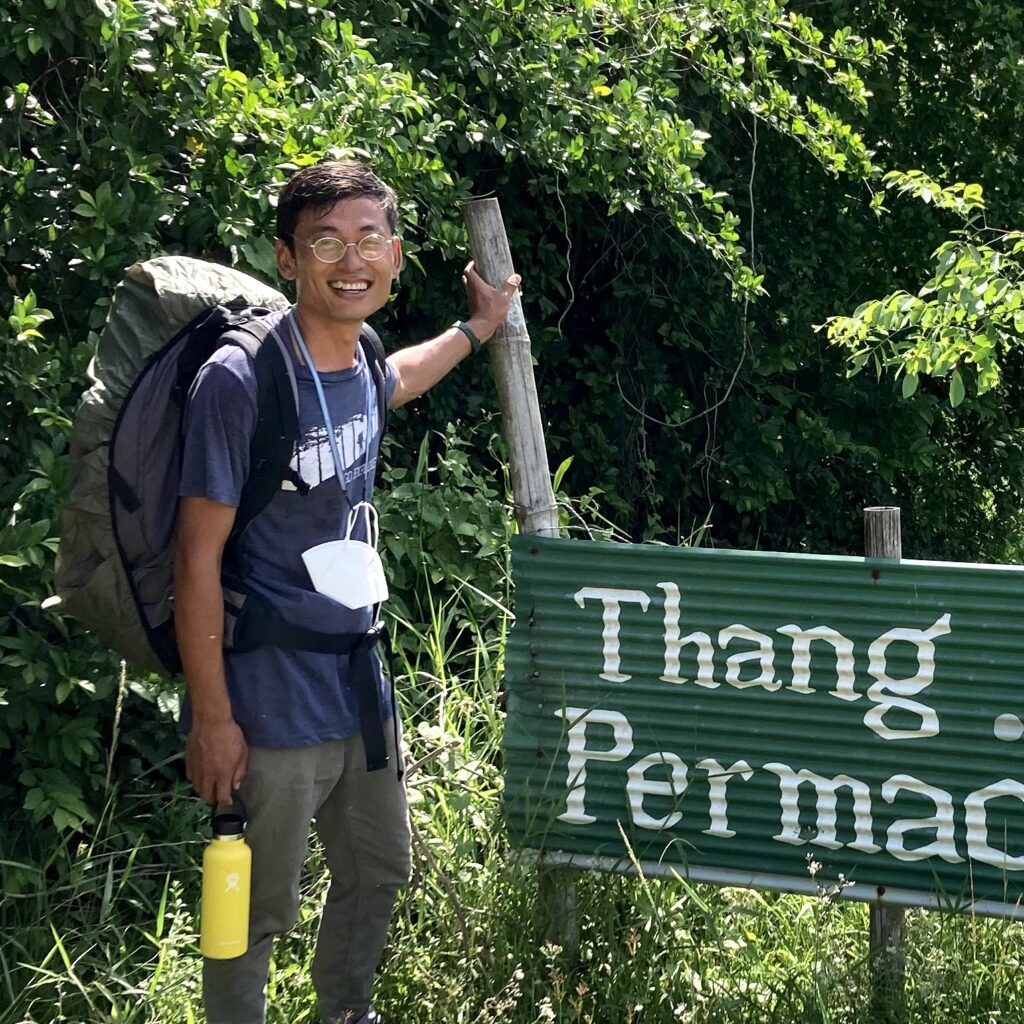Fuelling change for a fossil-free future!
Dear Reader,
As world leaders meet in New York for a high-level summit this month, we’re putting the spotlight on the action taking place outside of the meetings: the massive mobilisations which took place around the globe last week. Magnolia Mead, a climate organiser and researcher in Washington DC, reflects with us on what these actions represent.
In a wave of global actions which saw over 600,000 people on the streets, groups worldwide came together to show their resistance to the fossil fuel industry in the Global Fight to End Fossil Fuels. Activists exposed the role of oil and gas in the climate crisis, while calling for a rapid, just and equitable end to fossil fuels.
The usual top-notch book, podcast, and event recommendations can be found at the bottom of this message and are well worth checking out.
Happy reading!
From,
The Livism Team
We have more power than the dirty money of the fossil fuel industry
By Magnolia Mead
X (Twitter): @MagnoliaeMead
Instagram: @magnoliamead
Magnolia Mead is the Partnerships Coordinator at the Campus Climate Network (formerly Fossil Free Research) and was a lead organizer of the Youth Hub for the March to End Fossil Fuels. She is an undergraduate at American University, where she also organizes as President of Sunrise Movement AU.
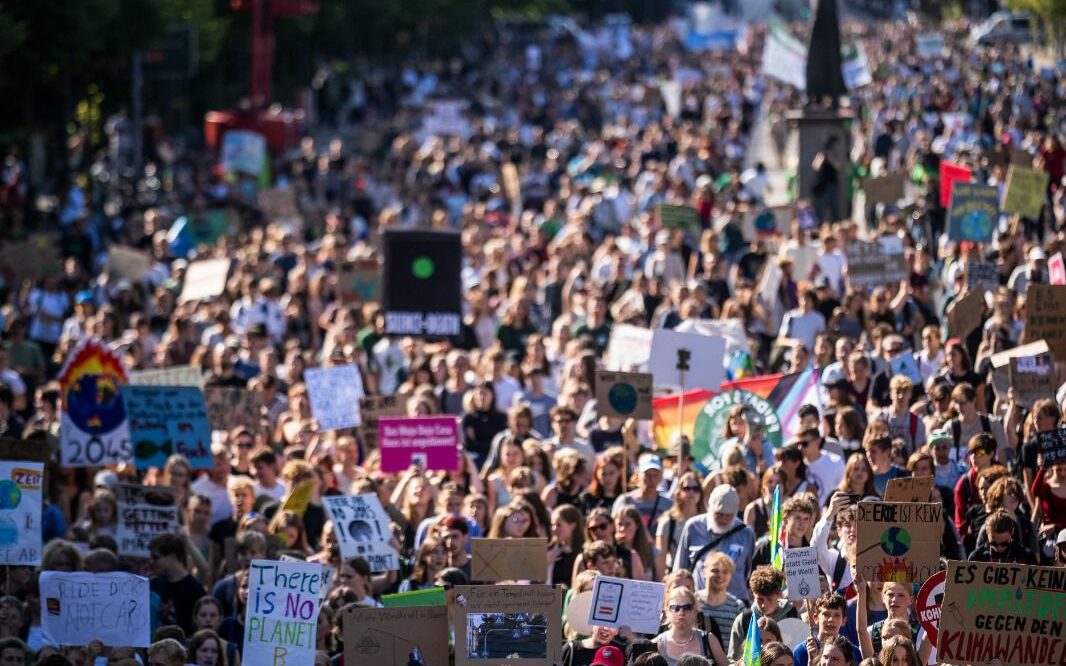

After hearing stories from my family about crops failing and people suffering due to rising temperatures and sea levels in Guatemala, I became involved in climate activism. Environmentalism has always been a core value of mine since childhood, but when I learned about the disproportionate impact climate change has on countries in the Global South, I felt moved to do more.
I was inspired to become a climate leader and activist because of the US’s role in causing climate chaos in my family’s home in Guatemala, and other places in Central America. The US is one of the largest historical polluters in the world, and because of global inequality, regions like Central America are more vulnerable to climate disasters fueled by US emissions. This is often overlooked in mainstream media and ignored by politicians.
In 2021, I started advocating for climate legislation in Congress by organizing students to sit-in outside the Capitol in DC and demand a comprehensive climate bill. Whether or not the US takes bold action to phase out fossil fuels does not only impact this country, but the entire globe including my family’s home in Guatemala. US politicians must act now, it is their duty to the places most impacted by our emissions.
With the mobilisations that happened on September 15 and 17 we wanted to show that we have more power than the dirty money of the fossil fuel industry. We deserve a liveable environment that guarantees clean air and water. However, President Biden has caved to the fossil fuel industry time and time again, approving more oil and gas expansion than President Trump did.
Our communities are suffering because leaders like him have chained us to a greedy, antiquated industry that doesn’t care whether we live or die. We are in a moment of reckoning: President Biden must choose which side he is on. Will he stand with the future, or cave to the fossil fuel industry once again?
We need to center justice in the climate movement and make sure that the people at the frontlines of this crisis are no longer ignored by leaders. The climate crisis intersects with systems of oppression and inequality so that poor and marginalized people suffer from the most pollution and disasters. One of the reasons why the predominantly white, wealthy political elites in the US have delayed climate action for so long is that they are largely protected from the worst effects of the climate crisis. It’s essential to center people on the frontlines of the climate crisis to highlight the urgency with which governments need to act, and to ensure that climate solutions attend to the most vulnerable. We also need to make sure that we create solutions that dismantle the racist and classist systems that created this inequality.
We took the streets in the Global Fight to End Fossil Fuels knowing that we are up against an industry funneling billions of dollars to skew political decision-making and fuel climate disaster. But we know that we have the power to take back our future – we can only win with people power. The next few years are our opportunity to organize harder and grow our movement so that we can’t be stopped. This means each one of us has a responsibility to bring in our neighbours, family, friends, and community to organize against the fossil fuel industry.
In the next year, I hope to see more students organize for fossil fuel divestment, more protests at banks and institutions funding the climate crisis, and more mobilizations like this one forcing world leaders to pay attention and act. We all have a stake in this fight, but it can only be won if enough of us become climate activists.
In case you missed it
After the warmest June-July-August on record, how are rural Indigenous communities around the world living with these extremes?
Madeleine Diouf Sarr, head of the Least Developed Countries Group, speaks on the lack of women in climate negotiating delegations and difficulties in achieving gender equality.
Climate technology, net-zero plans, legislative changes: is it enough to save us without mass cultural transformation? Solitaire Townsend speaks about the importance of addressing this challenge.
Mapping Libya’s catastrophic flood damage after Storm Daniel: two dams burst upstream from the coastal city, releasing a wall of water that swept away buildings and the people inside them.
The tragedies of this month highlight how vulnerable to climate change those who are underprivileged or who reside in conflict-ridden areas are.
Scientific proof is mounting that gender-based power distribution promotes the type of society we all desire and need.
Climate change is exacting a heavy toll on Filipinos’ lives, properties, and livelihoods. Unaddressed, it could hamper the country’s ambition of becoming an upper-middle-income country by 2040.
Rainn Wilson wants to talk about climate change and ice cream: “Pistachio is threatened by temperature changes, including colder snaps and warmer snaps.”
In Bangladesh, psychologists say the grief and anxiety caused by climate change often comes from a sense of helplessness rooted in communities’ economic situation.
The new WECAN report Prioritizing Care Work Can Unlock a Just Transition for All shows how funding for high-quality care jobs can help mitigate the worst effects of the climate crisis.
Recommendations
What we’re listening to
How does our changing climate get expressed in a folk song versus a video game? This episode of Universe of Art highlights two artists who are incorporating climate change into their work.
A multimedia, cross-border investigation from Drilled Media into the global effort to criminalise environmental and climate protest.
What we’re attending
Citizens’ Climate Lobby hosts quarterly conversations about the intersectionality of race, culture, and climate. In this workshop, the discussions will focus on affirmative action and its possible impact on climate advocacy.
When? Thursday, 28 Sept – 1 – 3am CEST
Where? Online
Where could the money come from to fund climate action, reparations and redistribution in every country? And how can we ensure that climate mitigation and climate justice can proceed hand in hand? Cap and share is a mitigation and redistributive finance system that aims to provide part of the answer.
When? Tuesday, 24 Oct – 1 – 2pm CEST
Where? Online
What we’re reading
- From the Ground Up: Environmental Racism and the Rise of the Environmental Justice Movement by Luke W. Cole and Sheila R. Foster
From the Ground Up traces the movement from its grassroots origins in cities like Kettleman City, California, a rural town where people banded together to protest a toxic-waste incinerator, sued the city, and won.
- Cultivating Food Justice: Race, Class, and Sustainability, edited by Alison Hope Alkon, Julian Agyeman
This book looks at food justice from a systemic perspective by examining how food inequality is built into society – and how communities are surviving despite it.
- Meanwhile, on Planet Earth – a poem by Rich Russell
Rich teaches composition, literature, and creative writing at a community college in South Jersey. He also hosts yearly zine and poetry workshops. “Meanwhile, On Planet Earth” was first written and presented as part of “Poetry in the Park”.


